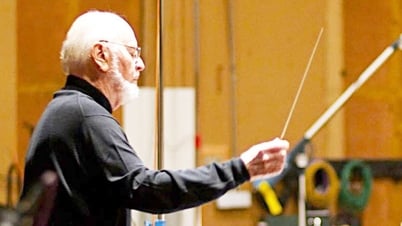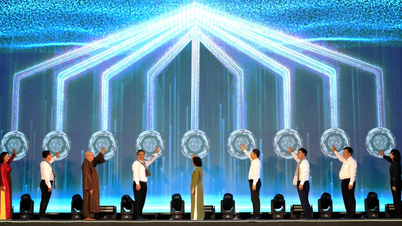Bloomberg reports that a growing number of AI experts are taking advantage of the series' enduring influence on pop culture, as well as its rich linguistic data and diverse wordplay, to experiment with advanced generative AI technologies.
For example, algorithms are being built to selectively “forget” information, a task that is difficult for large language models, which are trained on large amounts of online data including copyrighted and uncopyrighted material.

Researchers Mark Russinovich and Ronen Eldan from Microsoft say they have demonstrated that AI models can be altered or modified to remove any specific knowledge, such as the existence of the Harry Potter books, including their characters and plot, without affecting the system's decision-making or analysis capabilities. The pair say they chose Harry Potter because of its popularity.
“Even people who haven’t read the book can be aware of the plot elements and characters, so our technique can be tested to confirm whether the algorithm ‘knows’ the book,” said Russinovich, CTO of Microsoft Azure.
In another study, experts from the University of Washington, the University of California, and the Allen Institute for AI developed a new language model called Silo that can eliminate data to reduce legal risk. However, the model's performance dropped significantly when trained only on low-risk text, such as out-of-copyright books or government documents.
With Harry Potter, “the richness of the scenes, the dialogue, the emotional moments makes it very well suited to the specific field of natural language processing,” said Leila Wehbe, a Carnegie Mellon researcher who conducted a series of experiments in 2014 collecting brain MRI data from readers of the series to learn about the mechanics of language.
Even when not the focus of research, Harry Potter remains a favorite literary reference for researchers. It is used, for example, to test the “intelligence” of algorithms. Terrence Sejnowski, head of the computational neurobiology lab at the Salk Institute for Biological Studies, argues that AI models reflect the intelligence and biases of their users, much like the “mirror” in Harry Potter—which always reflects the desires of the person looking at it.
(According to Bloomberg)

Microsoft to launch AI-powered Surface laptop line in 2024

Microsoft launches AI chatbot Copilot for iPhone, iPad

AI shocks by winning major literary award in China
Source



![[Photo] Solemn opening of the 8th Congress of the Central Public Security Party Committee, term 2025-2030](https://vphoto.vietnam.vn/thumb/1200x675/vietnam/resource/IMAGE/2025/10/4/f3b00fb779f44979809441a4dac5c7df)


![[Photo] General Secretary To Lam attends the 8th Congress of the Central Public Security Party Committee](https://vphoto.vietnam.vn/thumb/1200x675/vietnam/resource/IMAGE/2025/10/4/79fadf490f674dc483794f2d955f6045)
![[Photo] Bustling Mid-Autumn Festival at the Museum of Ethnology](https://vphoto.vietnam.vn/thumb/1200x675/vietnam/resource/IMAGE/2025/10/4/da8d5927734d4ca58e3eced14bc435a3)





















































![[VIDEO] Summary of Petrovietnam's 50th Anniversary Ceremony](https://vphoto.vietnam.vn/thumb/402x226/vietnam/resource/IMAGE/2025/10/4/abe133bdb8114793a16d4fe3e5bd0f12)

![[VIDEO] GENERAL SECRETARY TO LAM AWARDS PETROVIETNAM 8 GOLDEN WORDS: "PIONEER - EXCELLENT - SUSTAINABLE - GLOBAL"](https://vphoto.vietnam.vn/thumb/402x226/vietnam/resource/IMAGE/2025/7/23/c2fdb48863e846cfa9fb8e6ea9cf44e7)

































Comment (0)